September 19, 2024 | 16:46 GMT +7
September 19, 2024 | 16:46 GMT +7
Hotline: 0913.378.918
September 19, 2024 | 16:46 GMT +7
Hotline: 0913.378.918
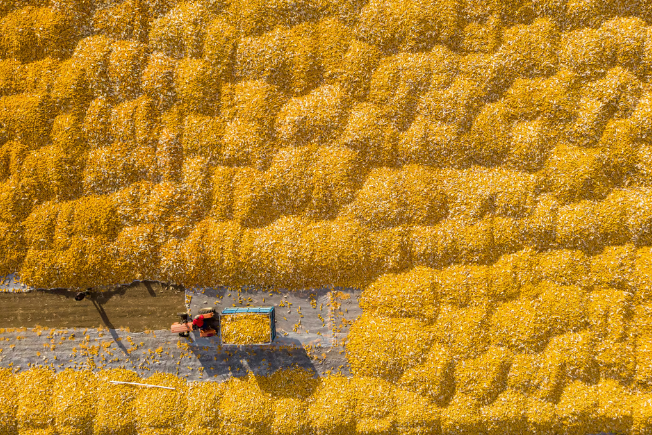
Corn dries at a local agricultural cooperative in Dongsheng Village, Wuliming Town, Zhaodong City, Heilongjiang province, on October 19, 2023. Photo: Xinhua.
Syngenta Group, one of the world’s largest agricultural technology firms, aims to boost its sales and service network in China by two-thirds in four years as the nation strives to achieve food-security and sustainability objectives.
The company has set a target to expand its “modern agricultural platform” service centres in the country to 1,000 by 2028 from just over 600 currently, said Petra Laux, chief sustainability officer of the Basel, Switzerland-based company.
“In China, which has a fifth of the global population and just 9 per cent of the arable land, there are still many gaps in productivity [compared] with other major growing nations for soybeans and corn,” she told the Post.
“At the same time, there is a need to promote farming practices that help preserve biodiversity, improve water retention and reduce greenhouse-gas emissions.”
With limited land and water and an ambition to boost food self-sufficiency, China must greatly increase farming productivity through technology, including genetically modified seeds and advanced crop protection products.
In April, China’s Ministry of Agriculture and Rural Affairs issued a report projecting that self-sufficiency in staple food crops would rise to 92 per cent by 2033, with annual production growth of 1.1 per cent exceeding consumption growth of 0.3 per cent.
The report also outlined big reductions in grain imports by 2033 as compared with last year: 75 per cent to 6.8 million tonnes for corn, 60 per cent to 4.85 million tonnes for wheat and 21 per cent to 78.7 million tonnes for soybeans.
The projections align with President Xi Jinping’s goals, laid out last year, for the nation to achieve agricultural modernisation by 2035 and to become a power in the field by mid-century.
A unit of Sinochem Holdings, Syngenta Group comprises assets acquired by fellow state-owned firm ChemChina in 2017 through its US$43 billion acquisition of Switzerland’s Syngenta AG, plus the merged fertiliser and crop-protection businesses of ChemChina and Sinochem. The company withdrew an application to list on the Shanghai exchange earlier this year.
More efficient farming methods are important not only for China but also for the world. The global population is expected to surpass 10 billion by 2057, according to the United Nations, while at the same time the global community needs to achieve carbon neutrality to contain global warming below 2 degrees Celsius.
“We must not let up on productivity, because there will be more people, and people want more protein,” Laux said. “We also need more biomass for low-carbon fuel production and biodegradable plastics, so agricultural land must remain highly productive.”
Agriculture contributes a quarter of global greenhouse-gas emissions and accounts for 70 per cent of water usage, she added.
Syngenta’s 600 training and service centres and its mobile app can reach more than 100,000 farmers in China, according to the company. They can learn about productive and sustainable farming practices that suit the soil conditions and crops of their farms, as well as purchase fertiliser, pesticides, herbicides, seeds and equipment from Syngenta and its partners.
Sustainable practices include crop rotation, evidence-based use of farming inputs, no-till farming and planting of cover crops. These techniques help reduce water loss, soil erosion, carbon emissions, fertiliser run-off and loss of soil biodiversity.
“Typically, if the yield doesn’t come, farmers believe they need more fertiliser,” Laux said. “This is dangerous, since often it is not the fertiliser that is missing, but there is probably a problem with soil acidity or salt concentration. Adding more fertiliser would compound the problem rather than addressing it.”
A Syngenta survey last year covering 3,860 mainland farmers found that 56 per cent had received training at its service centres. And those who adopted the practices they learned there achieved yield boosts of 8 to 15 per cent compared with those who had not received training. They also used water, fertiliser and pesticides 26 to 30 per cent more efficiently, the company said.
(SCMP)
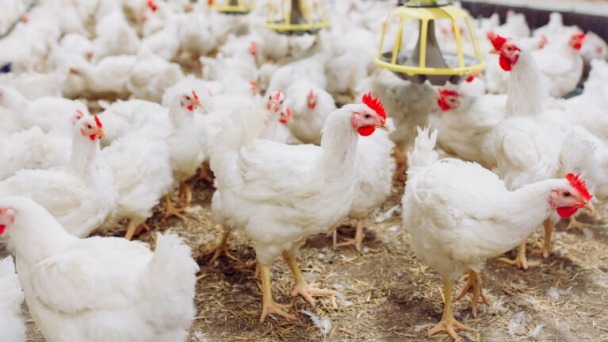
(VAN) Funding totalling £3 million has been granted to a UK consortium which will utilise advanced technologies and black soldier fly larvae to improve poultry welfare and promote sustainability in the industry.
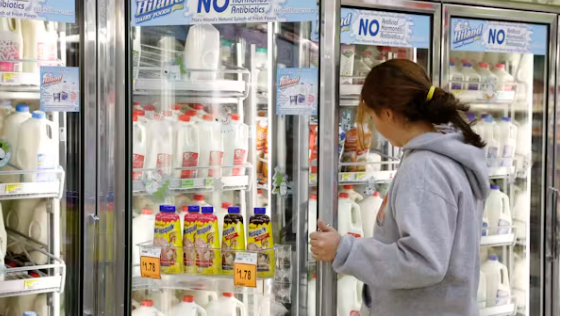
(VAN) Today, more than 60% of all milk production occurs on farms with more than 2,500 cows.
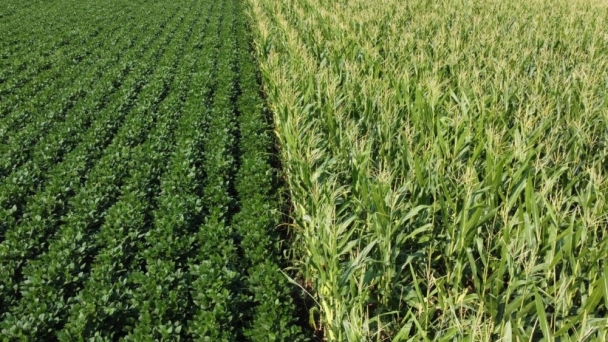
(VAN) US exports were left unchanged from August at 22.45 million tonnes (825 million bushels). Canadian exports were raised 1 million tonnes, to 26 million.
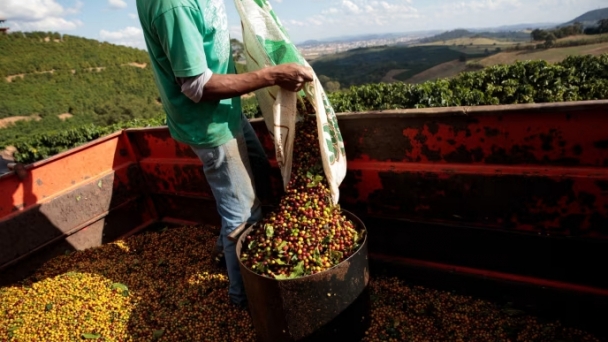
(VAN) Call from Ngozi Okonjo-Iweala adds to pressure from exporters including Brazil to ‘reassess’ rules.
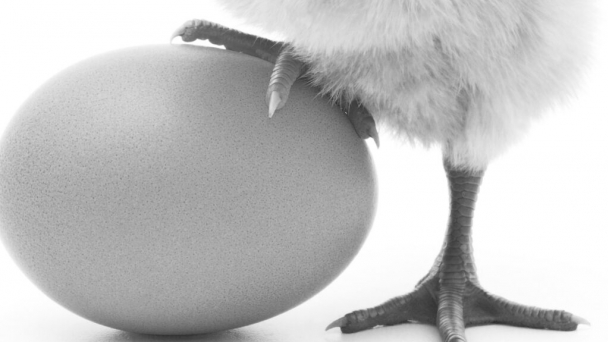
(VAN) The reproductive performance of layer breeders is crucial to the success of commercial egg production, and maintaining the health and productivity of these birds requires a careful approach to feed management.

(VAN) The number of farm animals in the Netherlands will still have to come down – and that includes pigs. The new government announced its agricultural policies in more detail this week.